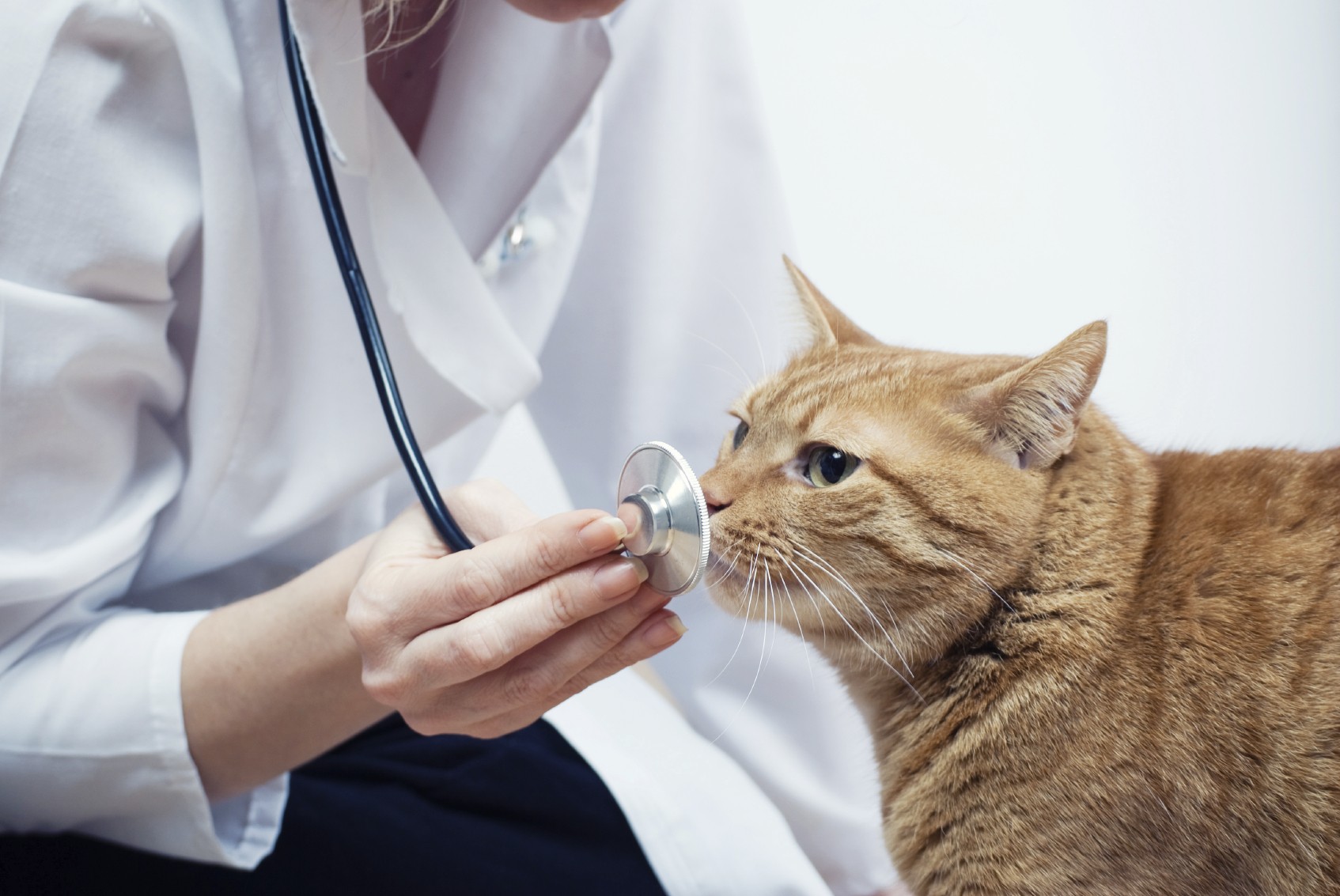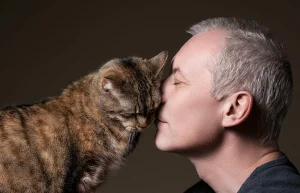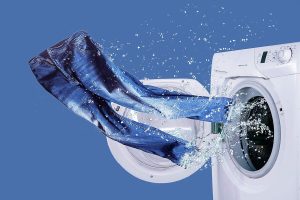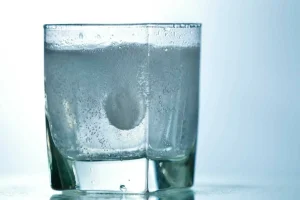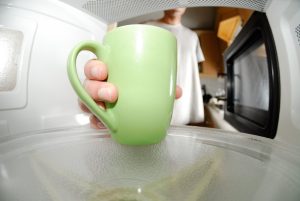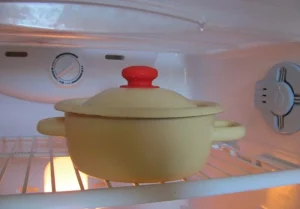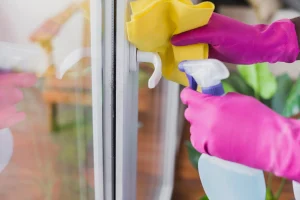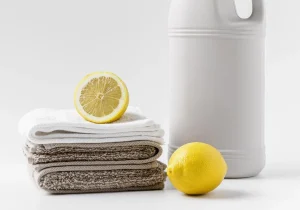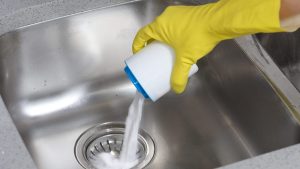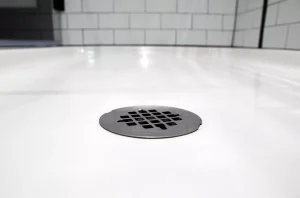Sharing your life with a cat is one of the most enriching experiences you can have. These independent but very affectionate animals live in millions of homes around the world. However, caring for their well-being involves being aware of the tools we use for them. Often, with the best of intentions, we can make mistakes that turn out to be extremely dangerous. And one of the most common ones has to do with the improper use of anti-parasitic remedies.
While it may seem like a minor detail, using the wrong dropper can have devastating consequences. A recent case involving a cat revealed a mistake that is unfortunately more common than we realize: using pipettes designed for dogs for cats. This small oversight can be fatal, so it is important to understand the risks involved and to act responsibly and carefully.
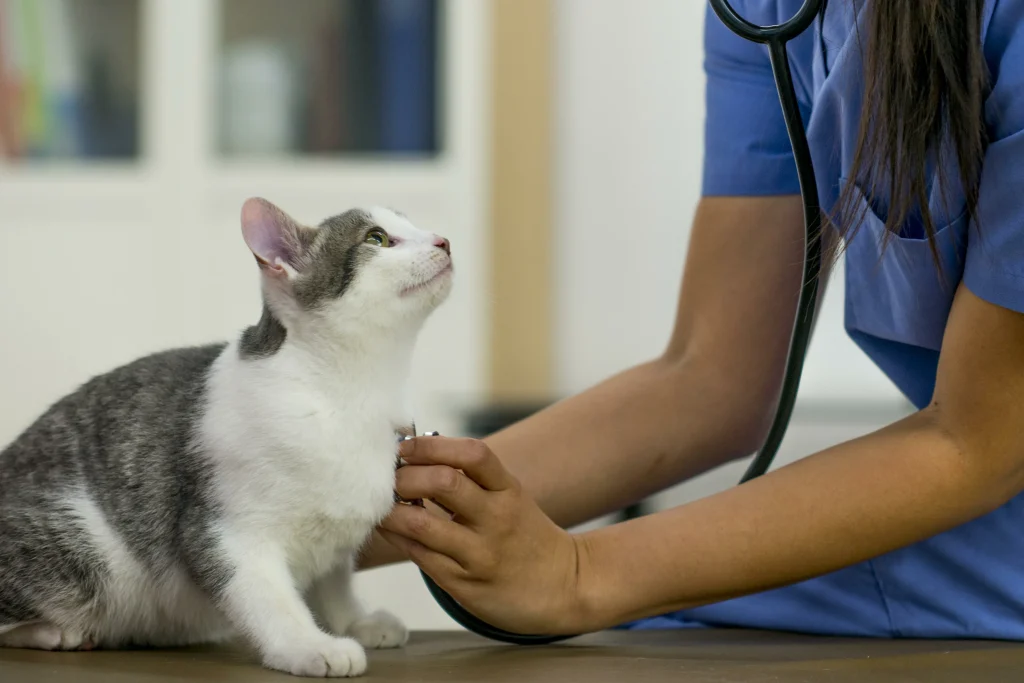
A mistake that could jeopardize your cat’s life
A veterinary clinic shared the story of Fifi, a cat rescued from the streets, to draw attention to an often overlooked problem. Fifi was treated for severe poisoning after being injected with an anti-parasitic product meant for dogs. This seemingly harmless mistake caused severe neurological symptoms such as seizures, tremors and poor coordination.
According to veterinarians, the dropper used for the injection contained permethrin, a chemical compound that, while safe for dogs, is extremely toxic to cats. The quick action of the veterinary team was crucial in saving Fifi’s life. He spent two days in the hospital, underwent intensive treatment and thankfully made a full recovery.
Permethrin is an insecticide commonly used in anti-parasiticides for dogs. Its effectiveness against fleas, ticks and other parasites is undeniable. However, cats lack the liver enzyme needed to metabolize this substance, which means that even small amounts can be fatal.
Symptoms of permethrin poisoning in cats can appear within hours of exposure and require emergency veterinary care. Common signs include muscle tremors, hypersalivation, vomiting, seizures, loss of coordination, dilated pupils and, in extreme cases, coma. These symptoms reflect the neurologic impairment that the substance can cause.
If any of these signs are observed after administration of an antiparasitic agent, you should contact a veterinary clinic immediately . Do not attempt to induce vomiting or give medication without professional supervision, as this may worsen the situation.
Appropriate treatment usually includes hospitalization, control of neurological symptoms, administration of fluids and anticonvulsants. The prognosis is much improved if action is taken quickly.
To prevent this type of poisoning, only products intended for cats should be used and contact between cats and dogs recently treated with permethrin should be avoided.
Recommendations
Cats are sensitive creatures that deserve our full care. A routine procedure such as applying an anti-parasitic dropper can turn into a medical emergency if done incorrectly. Therefore, it is important to stay informed, consult with experts and act responsibly.
- Always read the instructions: before applying any product to your pet, read the instructions and make sure it is intended for cats.
- Buy from specialized sites: only purchase anti-parasitic products and medications from trusted veterinary clinics or facilities.
- Consult a veterinarian: if you have doubts about which product to use, it is best to consult a specialist. Each animal is individual, and what works for one may not work for another.
- Avoid inter-species contact after treatment: if you have dogs and cats in your home, try to keep them separated for a few hours after treating your dog with an anti-parasitic product.
- Store products in safe places: keep anti-parasitic products out of reach of children and pets, label them well, and sort them by species.
Other toxic substances for cats
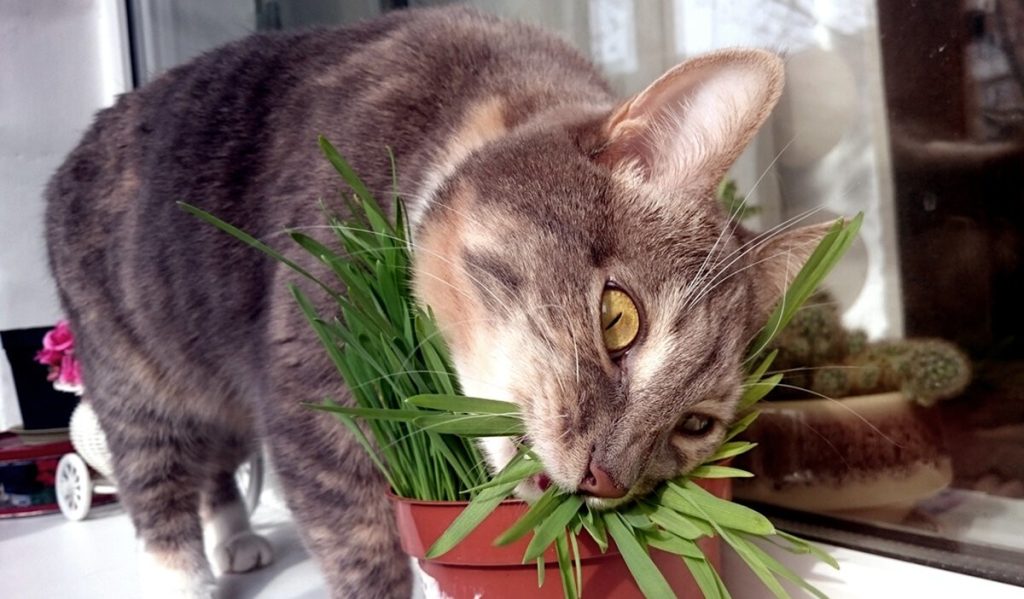
First, many cleaning products contain chemicals that are very toxic to cats. Substances such as ammonia, bleach, phenol-based cleaners, and antibacterial disinfectants can cause anything from irritation of mucous membranes to serious poisoning if a pet inhales, licks, or walks on freshly cleaned surfaces.
In addition to cleaning products, there are foods that are dangerous to cats. For example, chocolate, grapes, raisins, onions, garlic, and foods with caffeine can cause kidney, liver, and neurological disorders in cats. While some of these foods may seem harmless, even in small amounts they can cause symptoms such as vomiting, diarrhea, lethargy or seizures.
Similarly, many plants growing in homes and gardens are toxic to cats. Plants such as lilies, azaleas, potus, ficus and diffenbachia contain substances that can irritate the mouth and stomach and even cause organ failure.
